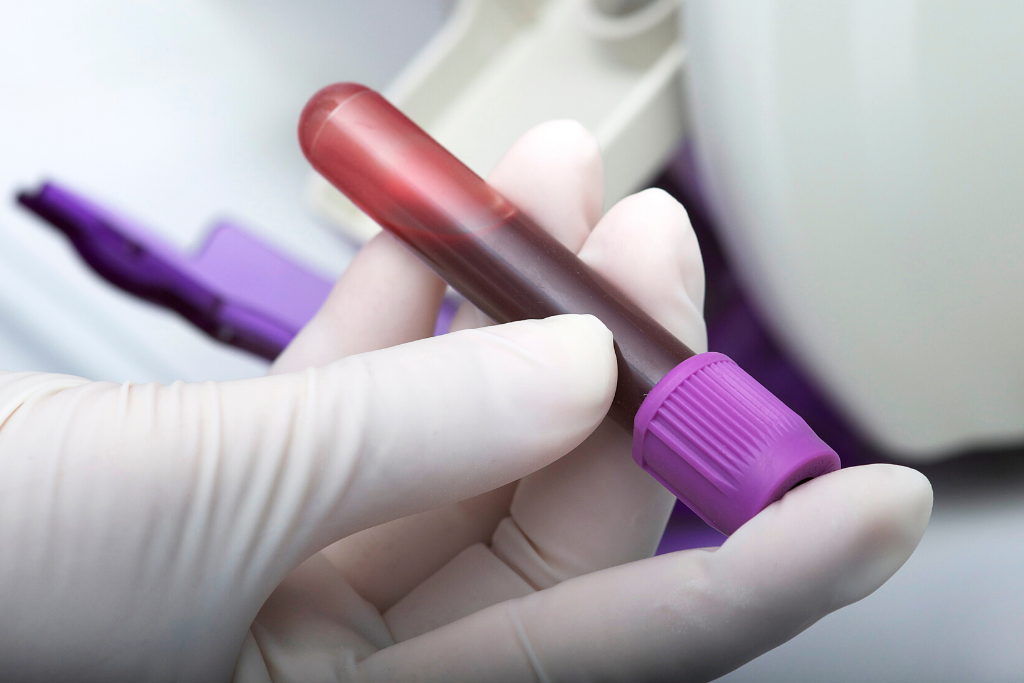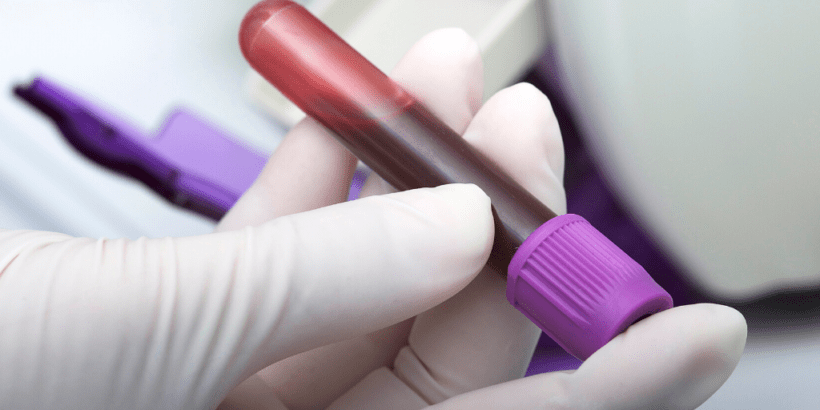One of the ideas that many different countries have tossed around for getting the economy back to normal is to issue what is known as an “immunity passport.”
This would be some type of certification stating that an individual has antibodies for the coronavirus in their system. Ideally, this would allow that individual to enter back into society without worry and just be more productive and able to help jumpstart the economy.
Countries in Europe and in South America have been giving these immunity passports serious consideration. Even the US has expressed some interest in the concept. But where do things stand now and what opinions do people have on these things?
Below, I’ll break down some of the arguments for and against immunity passports and what some people are saying around the country.
Immunity passports could help bring the economy back
The main argument for these passports is that they would allow individuals to be productive again.
“If everything works, the antibody tests and the assumption that recovered people get enough immunity to not get COVID-19 again, then immunity passports would help us get out of stay-at-home orders and economic shutdown. In theory, people who have an immunity passport could safely return to work because they would not get sick again and start passing the virus around.” — Chia-Yi Hou, The Hill
In theory, this would result in more productivity but some testing has shown only a small percentage of the population tests positive for antibodies. For example, a Spanish antibody study suggests that only 5% of the population has been affected by coronavirus.
How much would 5% of the population really move the needle in terms of economic production?

Immunity is still unknown
We still don’t know for sure how immunity works for this virus.
We know that people will produce antibodies after they are infected but how effective are those antibodies at preventing further disease?
It’s possible that someone with a lower level of antibodies could come across a higher concentration of virus and end up getting sick.
Still, some believe that there is strong reason to believe that recovered patients do have immunity.
“There is reason to assume that recovering from the virus will provide some amount of immunity. The key is to further develop our antibody tests to better understand who is immune to the virus and conduct research to determine how long this immunity might last. Then, we should provide credentials to those who are immune — through a Covid-19 immunity passport — so that those individuals can resume their lives.” — Saju Mathew, CNN

Essential workers could benefit in a big way
This to me is the biggest argument in favor of immunity passports. They would allow frontline workers within certain organizations, like those in healthcare, to return to work and be more efficient.
“Immunity passports would be helpful for frontline workers, like those in health care, the postal service, grocery stores, public transit, warehouses, and childcare. Many low-wage workers in these industries are still working throughout the pandemic, risking exposure to the virus just by going to their jobs every day. If they knew they were immune to infection, they could go about their day without worrying if they could catch the virus from patients or customers.” — Emily Mullin, OneZero
But still, I’m not even sure how much this would really change things.
If you’re in healthcare, I would imagine that you would still have to wear all the necessary PPE.
And even if you were working in a grocery store or something, you would still likely need to wear protective equipment in order to not scare off customers.
There also may be potential to overwork those immune folks in settings like healthcare or childcare since there could be a high demand for immune individuals. And that could result in poor work output which is obviously a huge concern in the medical industry.

Testing is faulty
Right now, there are issues with many of the different types of antibody testing taking place. In some cases, false negatives are happening where people who actually do have the antibodies are told that they do not. In this case, those people would not be allowed back into society even though they would have the antibodies.
But a far worse scenario is false positives.
Someone could be told that they have antibodies in their system when they actually don’t. This could lead to disastrous outcomes where individuals think they are immune and put themselves in questionable situations and end up getting infected.
“Imagine the psychological state of a person who thought they were in the all clear and has gone back to work in a care home and ended up killing several people.” — Health psychologist Susan Michie to Wired

People might intentionally get sick
In today’s world, it’s completely possible that individuals who are not able to go back to work would consider intentionally getting infected with coronavirus so that they could obtain an immunity passport after they presumably get better.
Of course, this gamble could backfire even for people who appear very healthy and it could lead to unnecessary deaths related to the virus.
“If the government allows the immune to return only to certain jobs or if employers prefer to hire those who are immune, that could also create a set of perverse incentives to deliberately get infected with COVID-19, especially for the young and otherwise healthy who might think it’s worth the risk for a job.” — Sarah Zhang, The Atlantic
Discrimination could happen
It’s possible that widespread antibody testing and immunity passports could create a second class of citizens that are denied privileges available to others. At a time when people are already so divided, it may not be a good idea to add more fuel to the fire.
“Once reliable tests are broadly available, this public health breakthrough could trigger some difficult legal questions. The country may soon have to deal with a new concept of bias: antibody or immunity-based discrimination.” — Jonathan Turley, Los Angeles Times

Liberty is at stake
Right now, many people feel like their freedoms are being infringed upon by the government by forcing businesses to remain closed.
If individuals do in fact have immunity from the virus then it makes sense to choose the least restrictive alternative and allow those people their freedom back.
“Immunity licenses could promote individual liberty and benefit society without invidious discrimination. A fundamental principle of public health is choosing the ‘least restrictive alternative’ — that is, restricting personal freedom only where necessary to achieve crucial public health objectives. People should be given a chance to show they are immune and are safely exempt from restrictions properly applied to those at risk of infection.” — Govind Persad and Ezekiel J. Emanuel, Washington Post

Daniel Gillaspia is the Founder of UponArriving.com and the credit card app, WalletFlo. He is a former attorney turned travel expert covering destinations along with TSA, airline, and hotel policies. Since 2014, his content has been featured in publications such as National Geographic, Smithsonian Magazine, and CNBC. Read my bio.


SO, you think people are complaining about restrictions now? Wait until you tell them that some of you can go back to work, but F&#k the rest of you,……..for your own safety of course. You’ll see riots in the streets because we will no longer be “All in this Together”…..not that we ever were in the first place.
Bad idea overall. And yes, people will try to intentionally contract the virus and take a gamble on their reaction to it. That’s how desperate many people are right now. Then the hospitals will fill up. Best thing to do is to open the economy, those that want to stay home, stay home, Those that want to work, be careful and wash your f#&king hands.